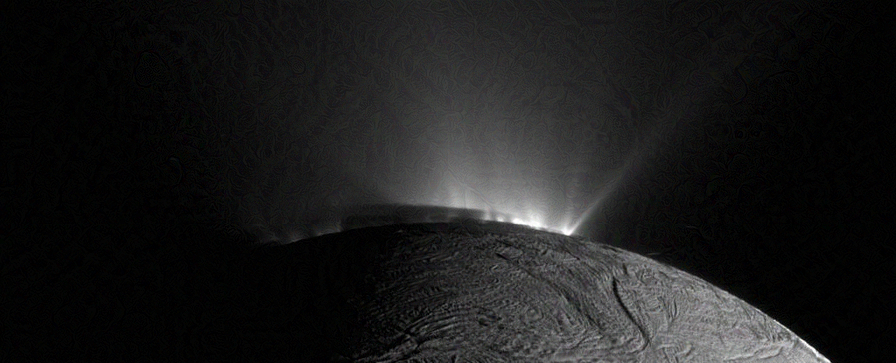The Cronian moon Enceladus does not look like much, but it is paling in comparison with the big showy rings and giant hexagon. A new analysis suggests that the ice world has more organic molecules than previously thought. The data from the probe shows that the geysers in Enceladus are capable of releasing molecule like ethane and moiety from the liquid water below its frozen shell. It's a discovery that supports the idea that the moon might be supporting some sort of biochemistry, or even communities of microbes, in its global ocean, adding support to calls to send a dedicated mission to Enceladus in the hopes of finally finding extraterrestrial life. A team led by an astronomer from Harvard University and the NASA Jet Propulsion Laboratory have shown that Enceladus is host to a multiphasic and compositionally diverse chemical environment. The species identified in this work also suggest that the ocean may contain the necessary building blocks required to synthesise compounds important to the origin of life. We didn't know much about the moon before that time, but after the probe detected and flew through the mist of cracks in the ice, it showed the presence of a liquid ocean below. The data collected by the INMS instrument showed the presence of water, carbon dioxide, methane, and ammonia. Since the INMS has a low mass resolution, it's difficult to identify the less abundant species. Peter, Tom, and Kevin took another look at the data from theIMNS. They compared the data to a large library of known mass spectrum to find out what could be making the patterns seen in the data. Their results confirmed earlier findings, as well as revealing a larger suite of organic compounds, including hydrogen cyanide, acetylene, and propylene, which are implicated in the formation of life. There is evidence that Enceladus has an active environment. The thermal energy that comes out of the ocean floor can provide an environment that is hospitable to life. It's not clear if what we've detected is life or just a bunch of Molecules hanging out. We can perform laboratory experiments here on Earth to try to find out if Enceladus is inhabited or not, but we won't know for certain until we explore further. There are currently some proposed Enceladus missions, but nothing has been nailed down yet. Their findings have been published in Nature Astronomy.
Create an account
Welcome! Register for an account
A password will be e-mailed to you.
Password recovery
Recover your password
A password will be e-mailed to you.

